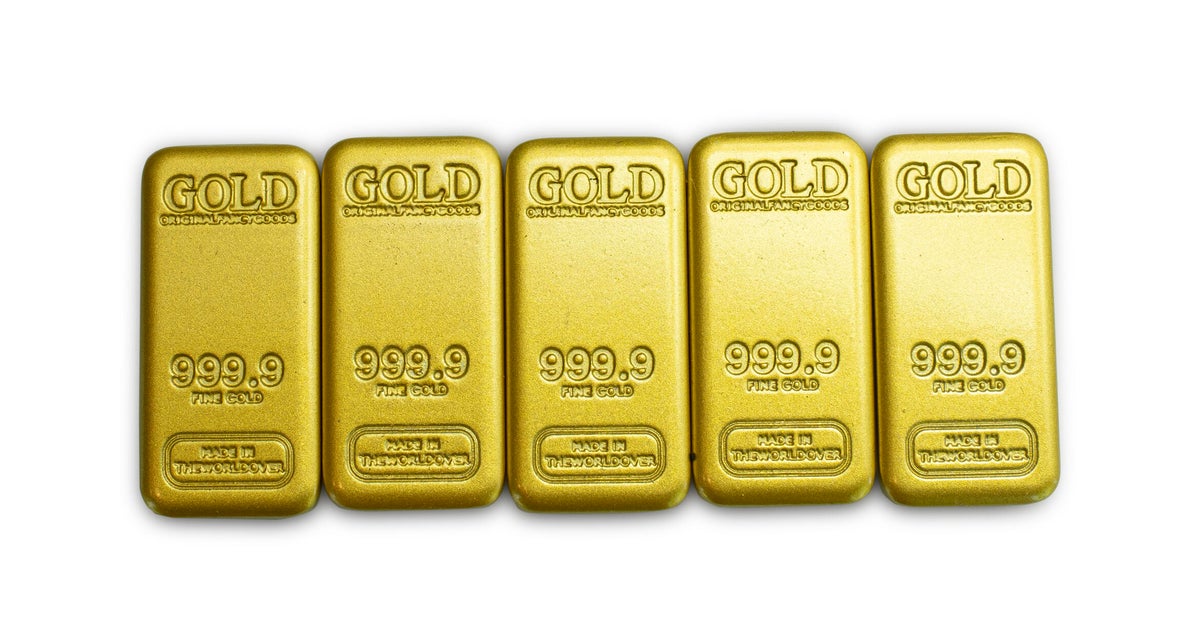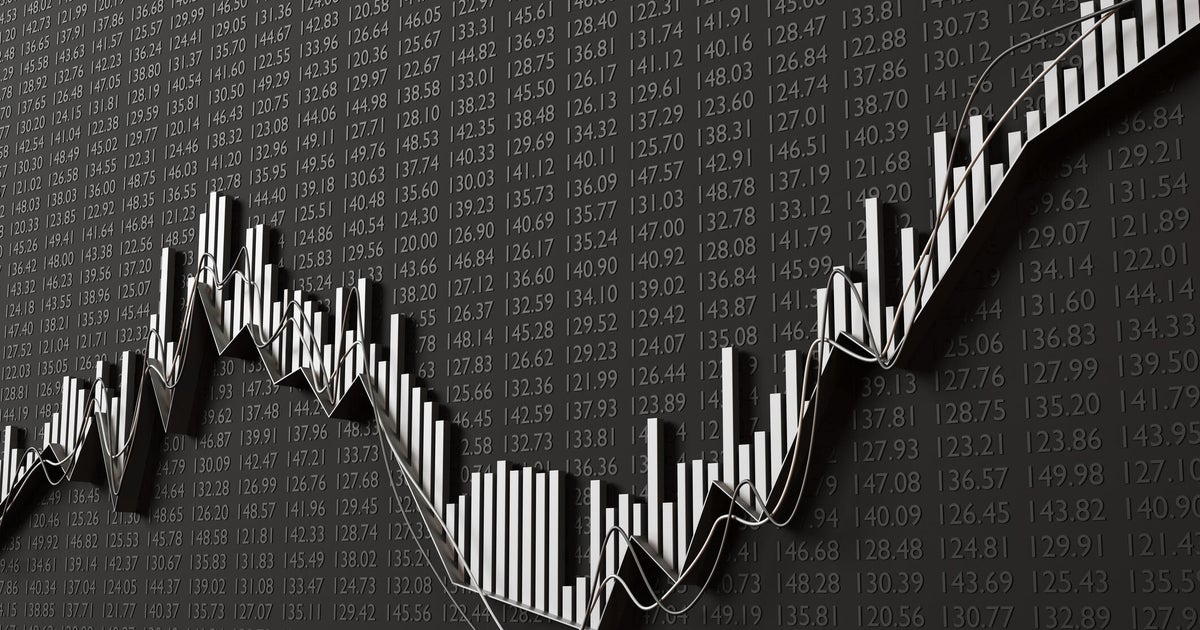Should you invest in gold during inflation?
Inflation continues to plague us, affecting everything from food prices to home values. Our dollars don't go as far as they used to, and the stock market has seesawed between optimism and pessimism with each new interest rate hike announcement. In such turbulent times, investors often seek stable ground. One place they look to? Gold.
Gold can be a wise investment for many reasons, from its liquidity to its reliable returns. And in an environment like today's, gold really shines. In this article, we'll explore how gold can protect your money in times of inflation.
Explore your gold investment options by requesting a free information kit today.
Should you invest in gold amidst inflation?
If you're considering investing in gold, here's how it can be particularly beneficial when inflation is high.
Its value is historically stable
Paper currency's value can fluctuate based on factors like interest rates, economic policy, political stability and how much money a government prints. In times of inflation, specifically, the dollar's purchasing power drops. The same cart of groceries costs significantly more one month than it would have a month or two earlier (as many of us are all too aware).
Gold, on the other hand, is one of the oldest forms of currency, and its supply is fixed. While demand for gold may rise and fall, once we've mined all there is to mine, we can't create more, so it can't be devalued by overproduction.
For these reasons, gold has retained its value reliably over thousands of years, despite market fluctuations. As a result, many investors consider it a safe haven in times of economic uncertainty and turmoil.
It lends stability to your portfolio
Gold's value doesn't suffer the meteoric rises and falls other investments do, making it a stabilizing element in a diversified portfolio. A successful investment portfolio contains a mix of asset classes to balance risk and reward.
While assets like stocks offer the potential for high returns, they can also suffer significant losses. So, it's important to hold more conservative investments, such as gold, to offset these losses.
Gold's price rose during six of the eight biggest stock market crashes of the past 40 years, according to data from GoldSilver. For example, during the 2007 to 2009 recession, the S&P 500 fell by a whopping 56.8%. Gold prices, by contrast, rose 25.5%.
It has an inverse relationship with the dollar
The lower the value of the dollar, the higher the value of gold tends to be. Take the inflationary period of the 1970s. At the beginning of 1970, the average federal funds rate was 8.98%, according to the Federal Reserve Bank of St. Louis. By January 1980, it had risen to 13.82%. Over that same period, gold prices skyrocketed from $35 to $850 per share, according to NASDAQ data.
Inflation is cyclical. While interest rates will eventually cool off, they're bound to rise again. From 1944 to 2021, there were six periods of "heightened inflation," according to the White House. Gold not only helps you ride out these periods, but it can also preserve your purchasing power when inflation is rising.
Gold is a highly liquid investment compared to stocks, bonds and real estate, so you can quickly sell it for cash. This can help you stay afloat when times are tough, especially since those are precisely the times it's likely to be worth the most.
Request a free information kit now to learn if gold investing is right for you.
The bottom line
Whether you're young or old, gold is worth considering as part of your investment portfolio, especially when inflation is high. Of course, as with any investment, gold has its pros and cons. So, be sure to do your research, evaluate your investing budget and goals and reach out to a financial advisor if you need guidance.




